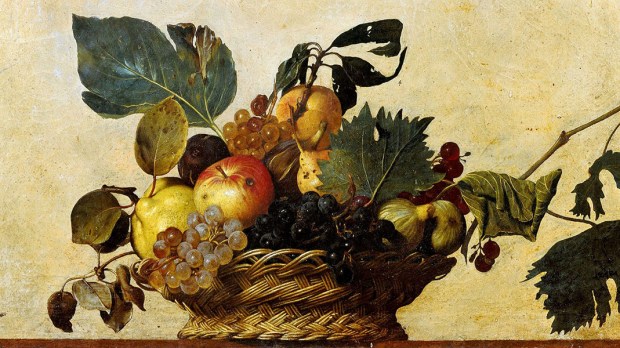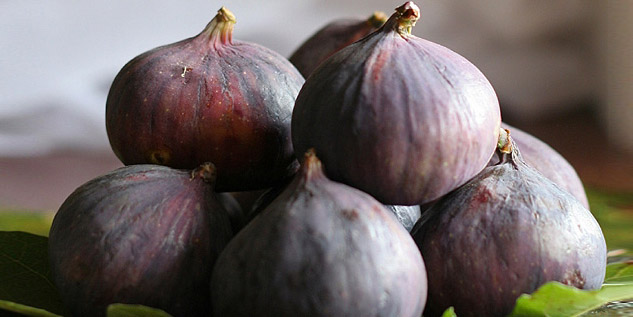I know I’m a personal trainer and all, but sometimes when my clients ask me about nutrition I just don’t know what to tell them. It’s not because I don’t know the basics of good nutrition — I do. And it’s not because I don’t know the various pros and cons of different strategies, from keto to intermittent fasting — I do. Mostly it’s because there are so many different theories and strategies floating around, and everyone has different ideas about what will or won’t work for them (and by extension, everyone), that it feels almost pointless to give advice.
If I tell them to balance their macros 40/30/30 (40 percent carbs, 30 percent fat, 30 percent protein), they will invariably tell me about their cousin who had success on keto. If I tell them to give intermittent fasting a try, they’ll explain that they suffer from low blood sugar and can’t go more than three hours without a snack. And if I tell them what I really believe — eat food that grows and lives and breathes, and don’t worry so much about counting calories — they’ll look at me like I’m insane.

Read more:
St. Hildegard’s secret to a healthy diet
It sounds crazy, I know, but it’s pretty simple: we should eat food that comes from plants and animals. And we should eat more of the plant version. In fact, as The Atlantic recently noted, just eating more fiber from fruits and vegetables is as successful for weight loss as any of the complicated, faddish new diets — not to mention much better for your overall health and well-being:
As my colleague Ed Yong has written, low-fiber diets make gut bacteria more homogeneous, possibly for generations. Mice that are fed high-fiber diets have less severe food allergies, potentially because gut bacteria break down fiber into short-chain fatty acids, which support the immune system. A more recent study in mice found that a low-fiber diet can spark inflammation in the intestines. We still need more studies to understand exactly how fiber and the microbiome interact in humans. But we do know that hunter-gatherer communities in Tanzania and elsewhere, who don’t eat Western diets, eat about 100 grams of fiber a day and have much more diverse microbiomes than Westerners … But you don’t have to stop eating anything you do like: People lose about as much weight just by eating a lot of fiber as they do on complicated diets, even if they eat slightly more calories in the process.

Read more:
Why don’t Catholics have dietary restrictions?
Honestly, this shouldn’t be terribly surprising. And yet, when I tell people they really just need to eat more fiber from plants, they are surprised. “It can’t be that simple!” they say. They want me to give them numbers to count and a formula to follow, but the thing is, there’s only one formula for healthy eating. And you won’t find it in a nutrition book … you’ll find it in the Bible.
Then God said, “Behold, I have given you every plant yielding seed that is on the surface of all the earth, and every tree which has fruit yielding seed; it shall be food for you.”
Bam. There it is, in the first chapter of Genesis: eat the plants and fruit God gave us, be happy, and be healthy. Check out the slideshow below to discover seven healthy foods that Jesus ate.


